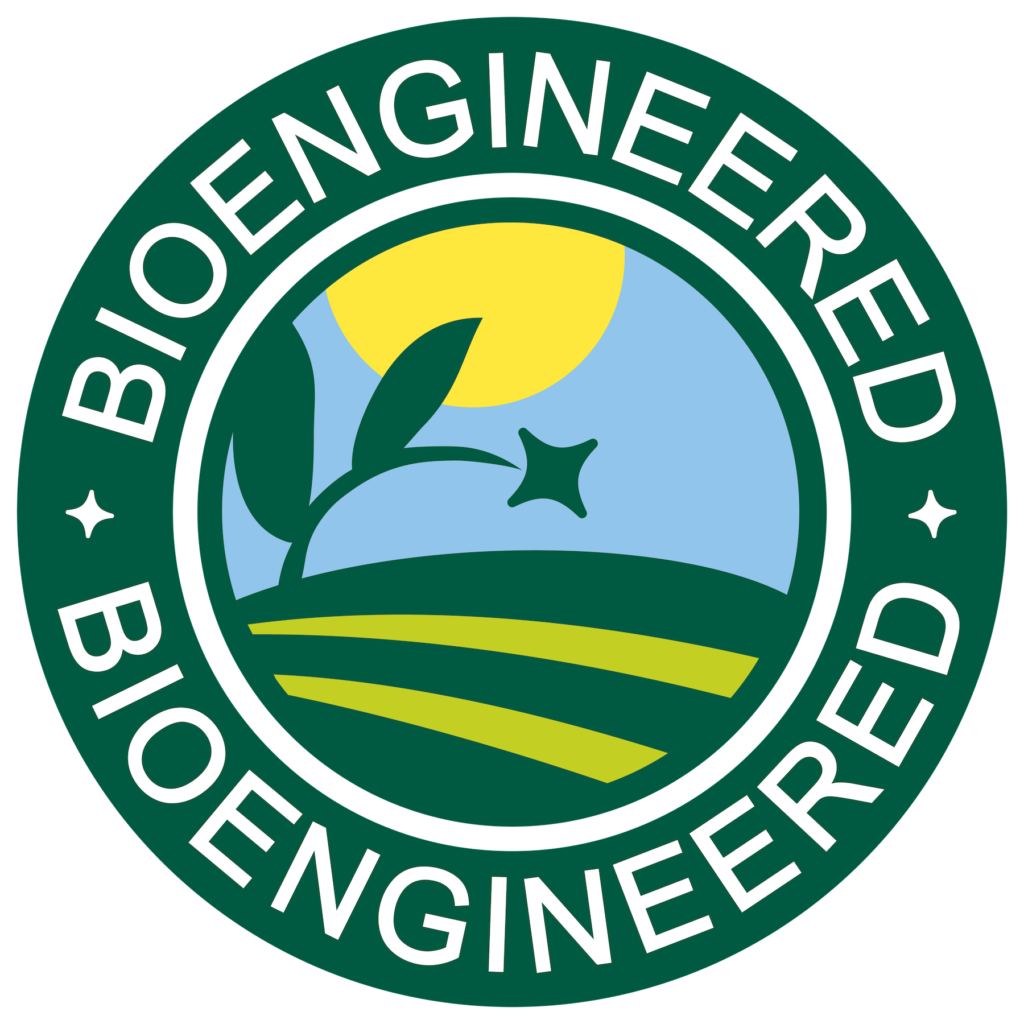
Recently my social media feed has been bombarded with memes, Reels, and TikTok’s, about food labeled “Bio-Engineered food”. Most of us have been consuming BE foods for a while. The food ingredients haven’t changed, but the labeling has.
Congress passed the National Bioengineered Food Disclosure Standard, requiring manufacturers to disclose when an ingredient is a Bioengineered food (BE). BE foods were previously referred to as GMO (genetically modified organism). The mandatory compliance date for manufacturers was January 1, 2022.
Labeling has made consumers more aware of what they are eating and because of social media, awareness is heightened. The question is are BE foods safe to consume? The answer is, it depends on who you ask.
The USDA, FDA, WHO, and most scientists agree that there is no clear evidence that BE foods are harmful. In fact, in GMOs 101: Your Basic Questions Answered, The USDA answers the question, “Do GMO’s affect your health?”, the answer is, “GMO foods are as healthful and safe to eat as their non-GMO counterparts. Some GMO plants have actually been modified to improve their nutritional value. “
However, concerns have been raised that BE foods can cause antibiotic resistance, environmental risks from cross-pollination, change in nutritional values, or even toxicity. Another concern is when two foods are genetically modified and one contains an allergen, the allergen can be transferred through the DNA.
This does raise the question of, if they are safe, why require disclosure?
What are BE foods as determined by the USDA Agricultural Marketing Services (AMS)? Alfalfa, Apples, Canola, Corn, Cotton, Eggplant, Papaya, Pineapple, Potato, Salmon, Soybean, Squash (summer), and Sugar beets. These foods can also be found in Non-BE varieties, more details on specific varieties are available on the AMS website.
When the BE varieties of these foods are included as an ingredient in a manufactured food the BE statement must be present. However, not every manufactured product that contains a BE food is subject to the guidelines of the Standard. This is where it can get complicated.
Simple answer: If meat, poultry, or eggs are a predominant ingredient the food may not be subject to the Standard, and disclosure may not be required.
Technical answer: If the first ingredient is subject to the Federal Meat Inspection Act, (meat, poultry, or eggs) the food would not be subject to the Standard. If the first ingredient is broth, stock, or water and the second ingredient is subject to the Federal Meat Inspection Act, the food would not be subject to the Standard.
In conclusion, just because it does not say “contains BE ingredients”, does not mean there are none. If you do not want to consume BE foods, the only way to be 100% sure is to eat organic foods.
For extra fun reading, here is the link for standard: https://www.ams.usda.gov/sites/default/files/media/Final%20Bill%20S764%20GMO%20Discosure.pdf
